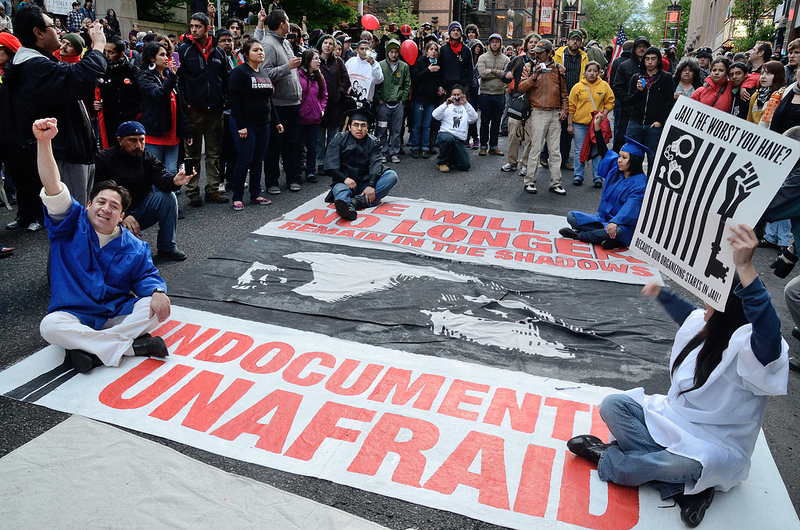President Donald Trump is expected to hand down a controversial Executive Order on immigration within the coming days to protect the nation from terrorist attacks by foreign nationals. Although the Trump administration has not made a formal announcement regarding the proposed order yet, a leaked, unsigned copy of the President’s order has been making the rounds. We do not know whether the President has made any modifications to the order since its leak, and we do not know when exactly the order will be issued. One thing is clear, an executive order on immigration is imminent. It is rumored that the executive order will include a temporary ban on refugees, the suspension of issuance of visas for citizens of Syria and six other Middle Eastern and African countries, which are rumored to include Iraq, Iran, Libya, Somalia, Sudan and Yemen, collectively referred to as “countries of particular concern,” as well as the end of Syrian refugee processing, and the visa interview waiver program.
The passage of such an executive order although extremely controversial and unpopular, would be within the President’s executive power, if his administration determines that limiting refugee admissions temporarily and restricting the issuance of visas to persons from specific countries is of significant public interest to the United States to combat the war on terror. The administration would need to balance our country’s need to secure its borders against terrorism with the need to resolve the global humanitarian crisis we face today. Donald Trump has already passed a series of executive orders on border security and immigration enforcement authorizing the construction of a U.S.-Mexico border wall, withholding federal grant money for sanctuary cities, hiring 5,000 Border Patrol agents, reinstating local and state immigration enforcement partnerships, and ending the “catch-and-release” policy for undocumented immigrants.
The leaked copy of the executive order “Protecting the Nation from Terrorist Attacks by Foreign Nationals” gives two policy reasons for enacting the executive order. First, the purpose of the order is to protect American citizens from foreign nationals who intend to enter the United States to commit acts of terrorism. Second, the order serves to prevent the admission of foreign nationals who intend to enter the United States to “exploit” the country’s immigration laws for malevolent purposes. The order highlights that following the September 11 attack on the World Trade Center, hundreds of foreign nationals have successfully entered the United States on an asylum, visitor, student, or employment visa, and have been subsequently convicted or implicated in terrorism related crimes. The order goes on to blame the State Department’s consular officials for their failure to scrutinize the visa applications of the foreign nationals who went on to commit the September 11 attacks, which resulted in the deaths of thousands of Americans.
The main provisions of the leaked order “Protecting the Nation from Terrorist Attacks by Foreign Nationals” are as follows:
 Visa Lawyer Blog
Visa Lawyer Blog











